The food delivery business is booming now, more than ever. The convenience of food delivery is a time-saver, money saver, and hunger satisfier. Some food delivery can be completed on an app allowing you to order the best meal from your favorite restaurant quickly and easily. This is called a ghost kitchen. Ghost kitchens are simply kitchens with a delivery application instead of a take-out application.
In short, it is a kitchen owned by an entity to make a profit from food delivery without actually being there for delivery, as if the kitchen isn’t really serving customers at all.
What’s a ghost kitchen?
Ghost kitchens are essentially restaurants without the dining space. Their focus is to sell and fulfill online food orders for delivery using third-party apps like Grubhub, UberEats, and DoorDash, or with their own delivery operation. As a result, they typically have no visible storefront. A ghost kitchen makes a preparation system for food delivery and takeout.
With that being said, there are a few common ways ghost kitchens can be structured. Many restaurants that don’t have a physical location outsource to ghost kitchens. This way, they can continue doing business without having to invest in an additional storefront or delivery fleet. They simply pay for their orders, and the rest is completely outsourced to the kitchen.
Using a shared commissary space
These ghost kitchen facilities will have the infrastructure and equipment needed for food preparation, but won’t typically deliver your food. Instead of deliveries, they serve as a shared commissary for several restaurants or various online food delivery services. This allows these restaurants to still offer the full menu from their actual kitchen without having to pay an additional fee or charge.
Launching virtual spin-off brands
Some kitchen owners start a second business that operates with its own identity but is operated through the kitchen. They have two distinct websites and may even have an app with their food ghost kitchen name on it. This way they can franchise their kitchen to others while keeping control of all operations.
Opening multiple delivery locations
There are also people who create multiple kitchen locations. They have a physical kitchen, but it doesn’t serve any customers. Instead of profit from the kitchen itself, they make their money by delivering meals to homes and businesses using Grubhub, UberEats apps, or with their own delivery business under these platforms.
Renting out restaurant kitchens
A kitchen owner might rent out their space as a ghost kitchen. This is where the kitchen does not do business, but someone else operates it as if they are another restaurant with their own staff and menu. The kitchen has its own infrastructure but doesn’t serve any customers at all.
Investing in delivery technology
There are kitchen owners who decide to invest in delivery technology and take a percentage of each order. They place their kitchen’s name on the application, but they do not deliver your food. Instead, they contract with other kitchen facilities to serve orders placed through their system that they can also sell through third-party apps.
The Food Delivery App boom
In 2017, UberEats alone had over $1 billion in sales, and DoorDash grew by 106 percent. In 2020, UberEats’ revenue was nearly $4.8 billion and voted as the best food delivery service internationally. The United States currently has the second-largest market and is the most well funded.
Ghost Kitchen basics:
How do the apps work? Once you order your food online/ through an app, it’s sent to a kitchen facility via GPS technology. They receive your order and prepare the food for delivery. The kitchen then sends someone to deliver the food to your home or business. They are always the ones that deliver and hand the food off, but not always the kitchen that prepares it. Kitchen ghosting is very common because it requires little investment compared to traditional restaurants. You don’t need a large staff, dining room, or even a storefront if you do delivery-only business. This makes kitchen ghosting common on college campuses and in areas where rent is high and space is limited.
How much does kitchen ghosting cost? Whether you have the kitchen or someone else does, there will be a base price for food distribution services via these apps. Other costs may include kitchen rental, employees, kitchen supplies, and additional delivery costs.
Ghost Kitchen platforms:
There are many food delivery platform apps out there these days. The following are the main ones used for kitchen ghosting food delivery – UberEats Virtual Kitchen – Deliver For You, DoorDash, KitchenVine, Food Assembly. Some of these kitchen facilities don’t just rely on Grubhub, DoorDash, and UberEats for their kitchen ghosting business. They may also do it themselves and under brand names that are not affiliated with kitchen platforms.
Pros and cons of ghost kitchens
Here are a few of the pros and cons that both restaurant owners and their customers can expect from ghost kitchens.
Pros of Kitchen Ghosting:
- You can open up a business without the hassle and cost of traditional restaurants. You don’t have any overhead costs, you can hire part-time employees, rent inexpensive kitchen spaces, and only serve customers who order through an app.
- Kitchen ghosting can also be more profitable than traditional restaurants. Since you don’t have to buy inventory or take orders from customers, your kitchen business has the potential to make a lot of money with few expenses.
- You can open up delivery locations wherever you want and still allow for many kitchen employees. This allows kitchen owners to hire kitchen staff who either can’t work in a restaurant kitchen or want flexible schedules.
- Kitchen ghosting provides you with more kitchen options. You can choose from any one of many different kitchen venues that are already supplied and set up, rather than having to find an ideal home kitchen on your own. You also have kitchen staff who are already trained and kitchen equipment that is ready to be used.
Cons of Kitchen Ghosting:
- Kitchen ghosting can come with challenges. Kitchen ghosting can put a kitchen into hot water with state agencies if they are not properly registered as kitchen facilities.
- Kitchen ghosting is not always profitable for kitchen owners. Fees are charged to kitchen ghosters, because of this many kitchens these days aren’t making any profit from their business. Many kitchen owners make less than minimum wage and are doing kitchen ghosting to supplement their income.
- Kitchen ghosting can be difficult for kitchen owners to manage. Kitchen ghosters may not have the same amount of kitchen or customer service experience as traditional restaurant owners. When things go wrong, it may be hard for kitchen ghosters to fix them without the experience of running a kitchen and providing customer service.
- Kitchen ghosting can be unreliable in terms of income. Kitchen ghosting shifts may not always go as planned, which means kitchen workers may sometimes earn less than expected or have to cover kitchen staff shortages by working longer hours themselves.
How to Start a Ghost Kitchen
Kitchen ghosting facilities often rely on word-of-mouth to grow their business. Kitchen owners may also use third-party websites such as Craigslist Kitchen to find kitchen workers and potential customers.
Kitchen facilities will usually charge you a minimum amount per order, which is typically somewhere between $5-10. Kitchen ghosting facilities may also charge a kitchen fee, which usually ranges between $3-$10 per kitchen. Kitchen ghosting facilities will also pay delivery fees and a commission to the workers who complete deliveries, which vary depending on location and how many times you work in one kitchen facility.



















